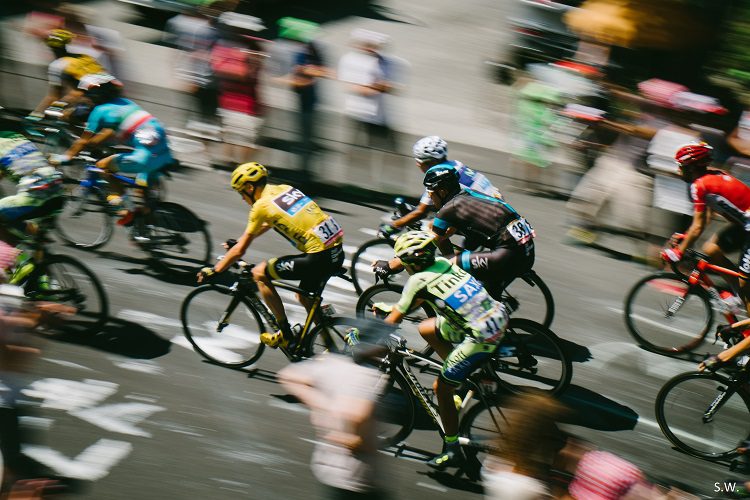Froome “happy” to report personal training data
After a 2015 Tour de France that saw winner Chris Froome persistently dogged by questions about doping, the British rider has come out in favour of greater transparency in sports, starting with himself.


After a 2015 Tour de France that saw winner Chris Froome persistently dogged by questions about doping, the British rider has come out in favour of greater transparency in sports, starting with himself. Speaking to the BBC, Froome told reporters that he would be willing to publicly disclose more of his personal training data, in a bid to assure that his performances, he said, are entirely legitimate.
“I’m happy to do that,” Froome said, referring to such disclosure. “I’m happy to release more information when I can and to show people that they can trust these performances. I do want to be a spokesman for clean cycling. I believe somebody has to stand up for the current generation.” Froome’s willingness to put himself a bit more under the microscope, judging from past statements, goes beyond the disclosure of his training and power data, too. When the Tour was underway, Froome said he would also be okay with undertaking independent physiological testing, too, on top of the UCI’s own testing regimen.
As reported by the BBC, Froome made that claim again. “It’s something I wanted to do from the start of the season, even before all this came up during the Tour,” Froome said. “The physiological testing could even help me understand what makes me who I am and what it is about me that allows me to make the efforts I do.”
In keeping with the principle behind Froome’s transparency, the Tour de France winner has also thrown his support behind other athletes in their quests for the same measure of accountability. Track star Mo Farrah’s decision to release her own blood test data, he said, is the right thing to do — something the Olympic gold medalist has agreed to do along with eight other athletes.
Froome was quick to add, though, that if athletes don’t follow Farrah’s and Froome’s examples, it shouldn’t cast a negative light on them.
“It’s a step towards being more transparent, to show we don’t have anything to hide,” Froome told the BBC. Athletes, he said, shouldn’t feel compelled towards full disclosure to prove it, though. “I’ve released all my personal medical information and I’m doing it to show people there’s nothing to hide, but I wouldn’t want athletes who are not doing that to have a shadow cast on them.”
But above all, Froome said that a greater focus on doping is needed in athletics in general. When comparing the IAAF with the UCI — with the latter spending four times as much on testing as the former, Froome claimed — there’s a lot that the athletics community at large, he said, could learn from the cycling world.
“From what I understand, the testing hasn’t been at the level that it is in cycling. It is going to have to invest a lot more heavily in anti-doping. That would be a step in the right direction.”
